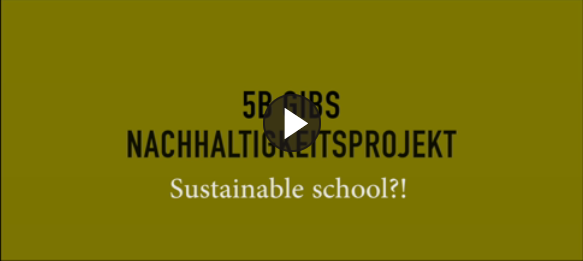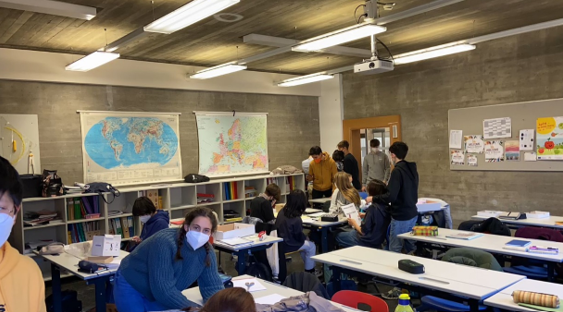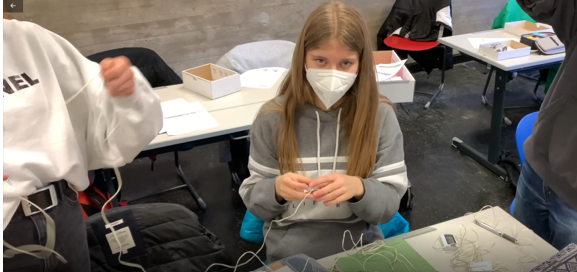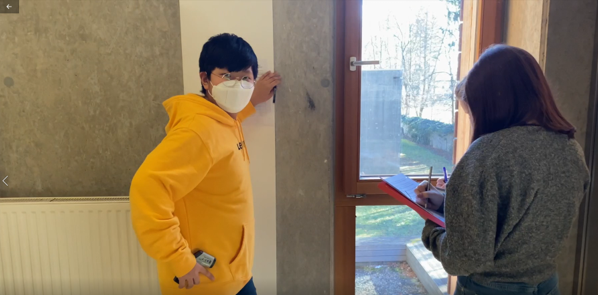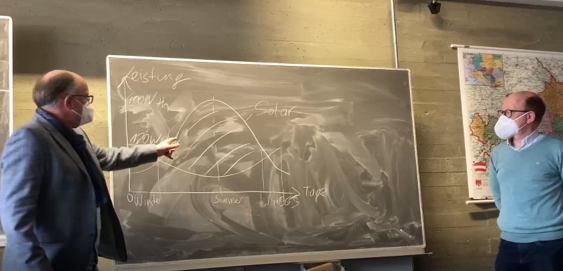Improving our Climate
The sea level is rising, forests are burning. The ice is melting, animals are dying. Floods and droughts are destroying our harvests and homes. In short: the environment is being eradicated.
And yet, here we are. We do not turn off the lights because we are too lazy to get up from our couch. We waste water because we shower for half an hour. We go by car when we could use public transportation because it is quicker. We keep buying 3-euro T-shirts because they are trendy. We buy bananas, mangos, and coconuts from different continents because they taste too good.
But climate change is not our fault, is it? We like to blame the generations before us because they invented cars. Or the big companies who pollute the rivers. Or our politicians, who are not taking the necessary steps. They are not doing their part, but neither are we.
We forget that each and every one of us is responsible for climate change and that every one of us has the power to contribute, to make a small step towards a better, safer world.
As of this, we want to do our part – improving our climate begins at school. Therefore, 5b, our Geography teacher Miss Schneider and the climate actgroup have decided to start a project to make our school more climate conscious.
We started by taking measurements, to try and locate the exact problems with our school building. The four experiments we conducted were measuring the U-value to determine how effective our window insulation is, an experiment on general insulation, measuring the room temperature to compare it to the given reference temperatures and finding out the energy needed by various devices on standby and while switched on.
Beginning the project, we formed smaller groups that were assigned a topic each. After several hours of taking and comparing measurements, we concluded that our school building needs a few improvements in order to be more sustainable – starting with our usage of energy. For example, our windows and façade are badly insulated, and a lot of energy gets lost, also through devices like computers and projectors that are constantly switched on.
To find solutions to our problems, we invited two employees from “Umweltamt Graz,” Mr. Götzhaber and his colleague, who spent two hours with us discussing measures we could take. Questions were asked, detailed answers were provided, and we came to the consensus that to improve our climate footprint, we all must work together. We were given some advice on how to reduce our ecological footprint. Regarding our school building he suggested possible arrangements we can take in the future, but especially what we can do NOW, as now is the time to act. It would be best to replace the windows and add solar panels on the roofs of our school building, which might prove difficult due to the limitation caused by UNESCO protection.
Nevertheless, we believe that we can make a positive impact. In the future, we will strive to educate children more about the consequences of climate change and how to prevent it and aim to inspire as many schools as possible to join our project.
As previously mentioned, everybody can help. Here are some more tips you can do to be more climate neutral, both at home and at school.
- Always switch off the lights when you do not need them – this applies to the classrooms at school as well. On sunny days, light might not be needed at all.
- Turn off or unplug your electronic devices, however, make sure to check if this is possible with your device, as certain devices can sustain damage from being turned off and on too often. For instance, after leaving the computer lab at the end of the last periods, switch off your device.
- Never leave your charger in the socket if you are not charging your devices.
- Do not waste water! Thirty-minute showers are gratuitous and bad for the environment.
- If possible, use public transportation or bikes to get to school.
- Use climate neutral energy sources like solar power or wind energy for your home.
- Separating waste and recycling it is an important part as well; therefore, make sure to put your trash into the appropriate garbage can.
It is our world, it is our future, and we must do our absolute best to ensure that it is a future worth living in. Everybody is affected by climate change and it is our responsibility to stop it. Each of us will take a step towards our common goal – that no planet B will be needed.
Hanna Reiter and Valentina Stock

